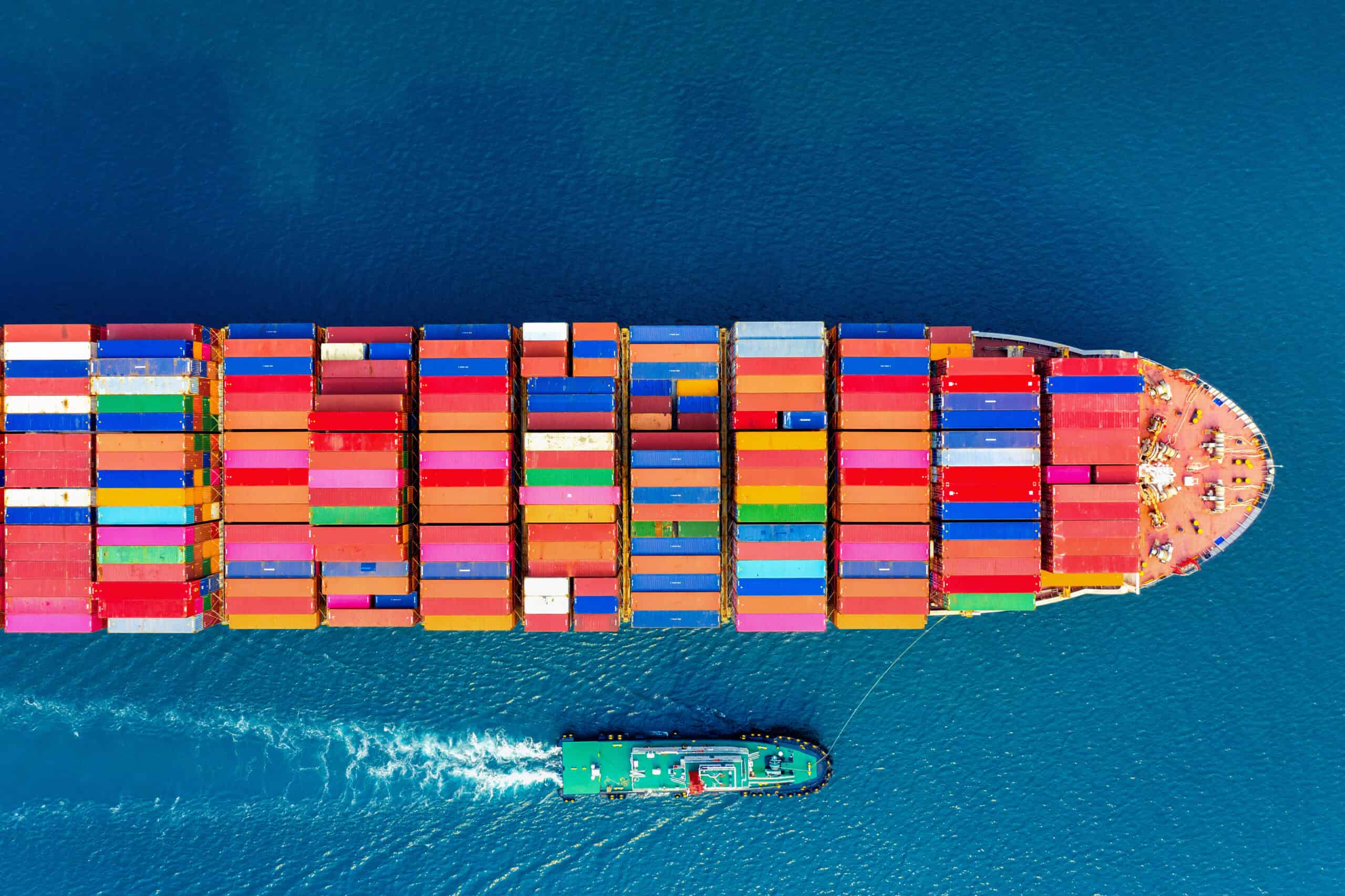Selling and shipping goods has never been bigger. Personal and business buyers are flocking to e-commerce and other modern retail experiences, driving growth in the online retail market towards R130 billion in 2025 (World Wide Worx Online Retail in South Africa 2025 report).
But such growth creates challenges. Consumers expect a seamless experience, from finding products to receiving their purchase. This includes features such as mobile commerce and faster/same-day delivery. To stay competitive, companies must deliver on these expectations by offering integrated omnichannel services, flexible delivery options, and effective cost management.
The “one-stop freight shop” has become a crucial part of those strategies, says Jaco Els, Executive at TFS (Takealot Fulfilment Solutions).
“Our clients look for tech-driven integrated platforms underpinning scalable solutions and end-to-end logistics management. They need simplified import and export processes, customs expertise, and strategic partnerships that focus on speed to market, customer satisfaction, and cost efficiency.”

Not All Freight Forwarders Are The Same
Retailers focus on shopfronts, stock, and customer interactions. Most don’t build internal freight services because they draw attention and resources away from their core business models.
But freight forwarding is central to success. Delays or lost packages damage a retailer’s reputation, while opaque costs either cut into profits or force them to pass on expenses to customers. Local legislative and regulatory requirements are demanding and grow more complicated across borders.
Businesses rely on freight forwarding and management partners to tackle challenges and remove surprises. Logistics leaders combine traditional freight forwarding expertise with cutting-edge technologies such as predictive intelligence, automation, and real-time price optimisation, and operate as comfortably with local freight as international shipments.
Only a handful of freight operators can meet this modern services benchmark while remaining flexible for each customer. Yet for TFS, it’s a natural evolution, says Els.
“At TFS, we cut our teeth by creating a unified logistics platform to support the Takealot Group. We’re focused on end-to-end digitisation, including seamless integration of logistics, courier, on-demand delivery, supply chain, and international freight – and we’ve grown our customer base to be a cutting-edge and reliable partner for all businesses.”
TFS is a freight forwarding market leader, shipping freight across dozens of countries and five continents for a wide range of customers, including takealot.com and Multichoice.
Delivering Visibility, Affordability, Assurance, And Sustainability
Freight clients need logistics partners that offer both integration and industry expertise to support their business goals. Every client has unique expectations, but their requirements typically fall into four key areas:
- Exploiting freight technologies for flexibility and customer-centricity.
- Maintaining control over costs.
- Reducing regulatory administration and risks.
- Building sustainability and resilience.
TFS combines technology, people, and experience to meet those expectations. We design and tailor supply chains for our customers, offering flexible and cost-effective solutions built on a foundation of modularity, automation, and artificial intelligence. TFS empowers customers through business systems integration, access to software and dashboards, leveraging global and local partnerships, and creating cost transparency – with no hidden fees.
For example, TFS customers can track their freight costs and performance from origin to destination. At the same time, TFS manages stock consolidation, least-cost routing, and delivery through its own or third-party services.
“TFS utilises best-in-class freight forwarding software to enable real-time tracking and monitoring. Our solutions include the use of AI and predictive analytics as well as machine learning applications, and we continuously strive to automate processes and systems where appropriate,” says Els.
These capabilities also elevate TFS’s regulatory expertise in managing both local and international freight compliance, while advancing our sustainability goals through circular economy strategies such as fleet electrification, emission reduction, sustainable infrastructure, and waste reduction.
Selecting The Right Freight Forwarding Partner
Freight has evolved, and it’s time to rethink freight forwarding strategies. The focus should go beyond mere optimisation. Companies need to focus on fully integrating freight forwarding into business operations, driving measurable outcomes, and building agility and resilience. On a practical level, they must start by defining a clear logistics profile, including product types, shipping routes, service requirements, and budget constraints.
Use these indicators to assess freight forwarding providers: geographic coverage, industry expertise, strategic partnerships, and first-to-last-mile capabilities. It’s also critical to evaluate whether they understand how their services align and support your broader business strategy. Other considerations include the provider’s commitment to sustainability and the strength of their technology roadmap and investments. Els says these are all areas where TFS is setting the pace in an evolving market.
“Freight forwarding customers expect a local expert with global reach, and that’s what TFS has been doing. Our unique value proposition is ‘the only platform you need’, from integrated ecosystems, expertise, and partnerships to our competitive differentiators. The goal is to become Africa’s first truly integrated, carbon-neutral, technology-native logistics platform that serves the continent and exports African innovation and expertise to the global marketplace.”
Sustainable, resilient, and transparent freight forwarding is no longer a luxury. It’s a competitive advantage. And it’s exactly what TFS delivers to our customers.



